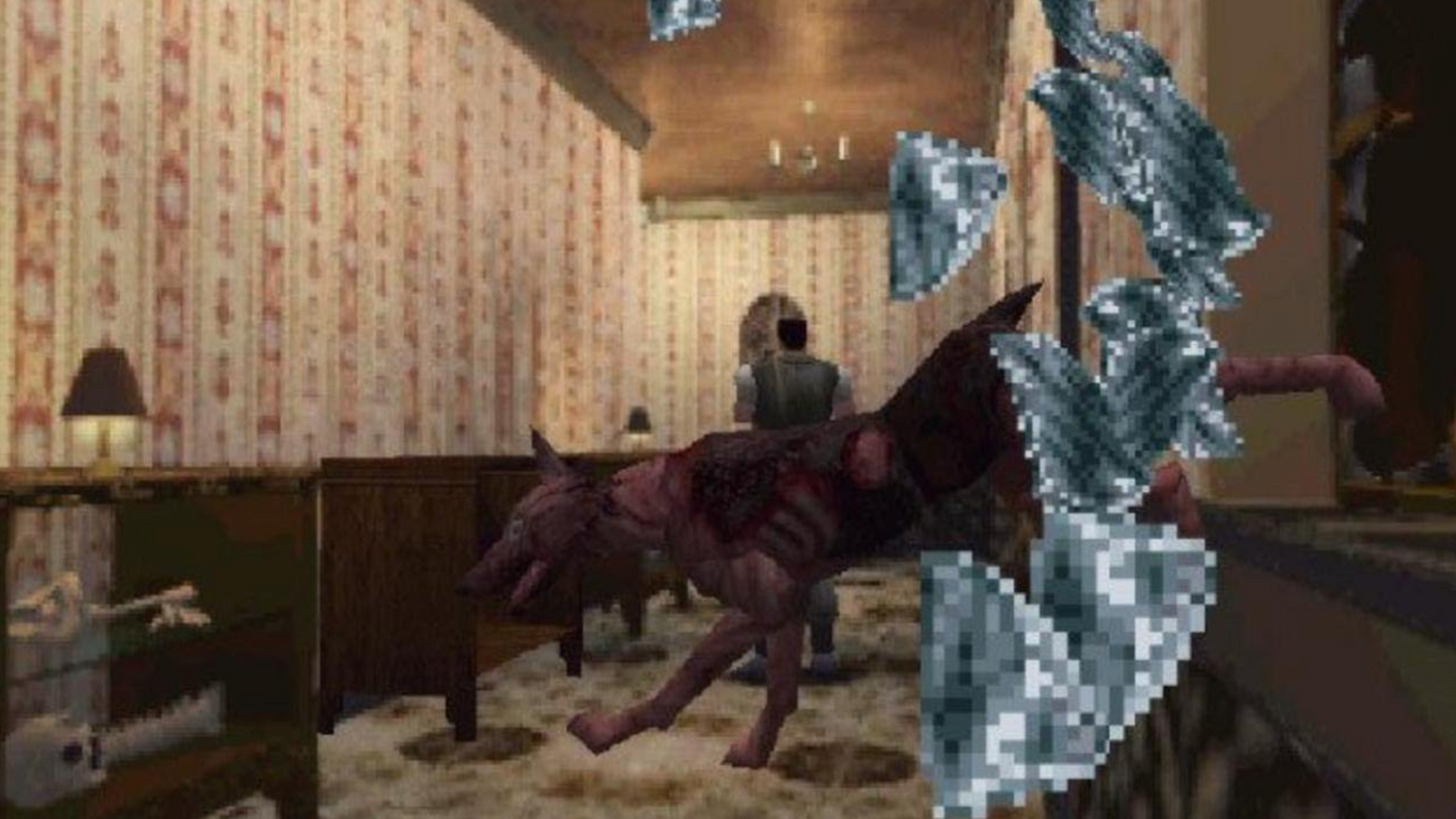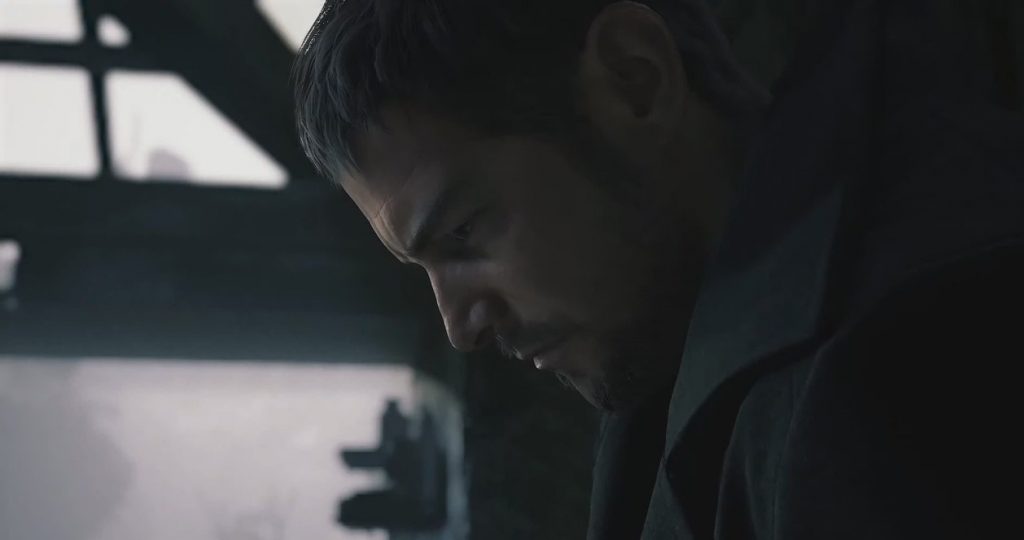Well, folks, we’ve arrived at the great open-world debate once again. Credible rumors suggest the developer is making Resident Evil 9 an open-world title and there’s good arguments for and against the new direction. Should Resident Evil 9 embrace an open-world setting? As you’ll see through my arguments, there is great value in embracing open-world design, but it needs to scale down from the modern norm for it to work with Resident Evil.
When one thinks “Resident Evil”, one typically doesn’t think open-world. Yet, Resident Evil contains elements of open-world design in its very structure. What do Resident Evil and open-world games have in common? They both strongly encourage exploration. Resident Evil 1 on the PS1 emphasized exploring the nooks and crannies of the mansion to stock up on supplies and investigate new ways forward. It’s not too difficult to imagine Resident Evil 1 style exploration blown up to a larger scale. After all, each game after Resident Evil 1 expanded in scope, from Resident Evil 2’s police station to the Racoon City streets of Resident Evil 3. Resident Evil fully embracing open-world doesn’t imply a completely awful Ubisoft-ifcation dotted with towers and mundane checklists.
One positive of embracing open-world is a lack of loading transition screens between areas. Survival horror is all about immersion, and there’s almost nothing more immersion-breaking than opening a door to a loading screen. Yes, Starfield has awful loading screens as an open-world game, but Starfield is a textbook example of how not to do open-world. Open-world technology has historically done a good job hiding transitional loading, if not outright jettisoning it. We shouldn’t necessarily cringe at the prospect of ‘open world tech’.
Better draw distances, wider render radiuses, and seamless loading are all results of the push to make open worlds in games. Of course, these tech enhancements exist in linear games too, but they initially developed due to the emergent demand for open-world games in the late 2000s. When rumors say Resident Evil will, “…expand on their foundations with new open world tech”, it doesn’t necessarily mean we’ll have millions of towers to blip off a map in the next RE; it could simply mean the tech inherent in open world games will be harnessed to craft a more robust Resident Evil experience.
Resident Evil should go open-world, but it should seek to streamline the open-world structure instead of merely going bigger. The developer should embrace small open worlds instead of grifting off the ‘bigger is better’ mindset dominant in the modern gaming zeitgeist. Bethesda’s Starfield should be a warning sign encouraging developers to craft smaller, more intimate open worlds instead of the most expansive spaces imaginable. No Resident Evil fan wants to wander aimlessly around a humongous barren wasteland in search of the key to a safe. Likewise, no one wants four loading screens to transition between environments! Bigger isn’t always better, and if you can’t do a big open world without boring your players to tears, don’t even try.
Game environments need to scale down to remain intricate and surprising. Resident Evil can go open world and still be a pure experience honoring its legacy; it just needs to retain good density and not sacrifice that for a bigger surface area. Who said open worlds had to be gigantic anyway? Why not have a modest open world town with a couple of traditional Resident Evil mansions serving as the meat and potatoes of the game? Open worlds don’t need to die, they need to shrink.
Survival horror, at its fundamental roots, relies on intimate moments of tension and anxiety. Make a jump scare just another copy/paste program and it completely loses its potency and connection with the player. Resident Evil thrives on its intricate corridor scares and tightly crafted scenarios; as soon as it becomes repetitive and procedurally generated, it loses its effect. There may be a place for procedurally generated horror games, but it’s not Resident Evil. Online interactions in games like Phasmophobia mitigate the predictability of procedural generation with the unpredictability of online players. But remove that added online human element, and it all becomes an algorithmic copy-paste loop of dry repetition.

The dog crashing through that hallway window in Resident Evil 1 was so memorable because it was completely unexpected and subverted prior expectations. You’ve walked that same hallway plenty of times before without any incident, so such an occurrence catches the player completely off guard. You can’t have the hallway dog moment without carefully curated scripting. As soon as the gameplay and environments start feeling formulaic, they lose that Resident Evil touch. But Resident Evil need not avoid open-world design altogether to retain curated scripting. You can have linearity and open-world in the same game without sacrificing the advantages of either.
One method of maintaining hand-crafted design amid a large open world is to do what Elden Ring did. Elden Ring successfully retained the intricate level design of past Souls games through its Legacy Dungeons. Legacy Dungeons dot Elden Ring’s open world and serve as the hand-crafted dungeons of the game. Placing intricate levels across an otherwise loosely designed open-world field environment was an economical and wise decision that allowed the developers to have their cake of the open-world pie and eat it too. Perhaps Resident Evil could incorporate some form of ‘legacy mansions’ across an open city environment?
Imagine commuting via police car across a sizable Racoon City in an effort to investigate various infected manors and malls. Each of these infected manors retains that classic Resident Evil intricacy in level design, while the open city sections contrast them as free open environs. Gameplay rewards from either section can homogeneously feed into each other. This might sound sacrilege, but imagine stocking up on ammo and supplies while driving around town before the big manor expedition at night. Oh, don’t worry, the manor expedition will still utterly drain resources and require careful item management; after all, you’ll have limited inventory just as every RE before.

I just think such breather sections in between the meat and potatoes of the game could be a nice contrast that allows the player a brief moment to feel on top of things. The developers even have a prime opportunity to scare the pants off of us with a Nemesis-like moment. You finally leave a manor and get in your car to reload and unwind a bit, only to hear the moaning of a zombie from the backseat. Having the danger essentially invade the ‘save room’ could be just one of many subversions possible in an open-world Resident Evil. I can even imagine some Yakuza-adjacent shenanigans like karaoke or social links with fellow officers, though the tone shouldn’t be compromised in the process. The developers could play with this open-world hub structure in interesting ways. For example, we could still have that one gloriously large mansion to explore with an explorable open world surrounding it, or multiple little manors with transit between them serving as the open world; the choices are fun to ponder.
To conclude, Resident Evil should embrace open-world; a smaller, more intricately robust open world. An open world that spits in the face of traditional open-world design and streamlines it into a new era. The developer has a golden opportunity to redefine open-world games today. Resident Evil on the PS1 redefined exploration in video games, and now Resident Evil 9 can do so with the overpopulated open-world genre. So, no, I’m not so worried about the open-world formula botching Resident Evil, I’m more concerned about microtransactions infecting it.
Note: The views expressed in this article are those of the author and do not necessarily represent the views of, and should not be attributed to, GamingBolt as an organization.






/origin-imgresizer.eurosport.com/2023/05/21/3709888-75487688-2560-1440.jpg?w=150&resize=150,150&ssl=1)







